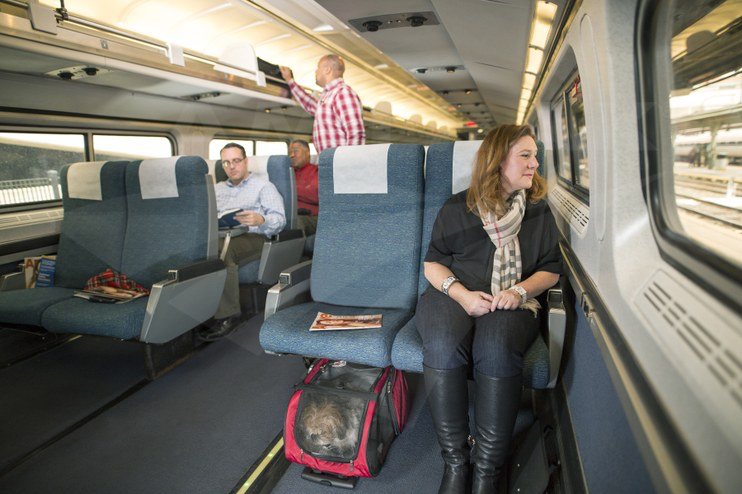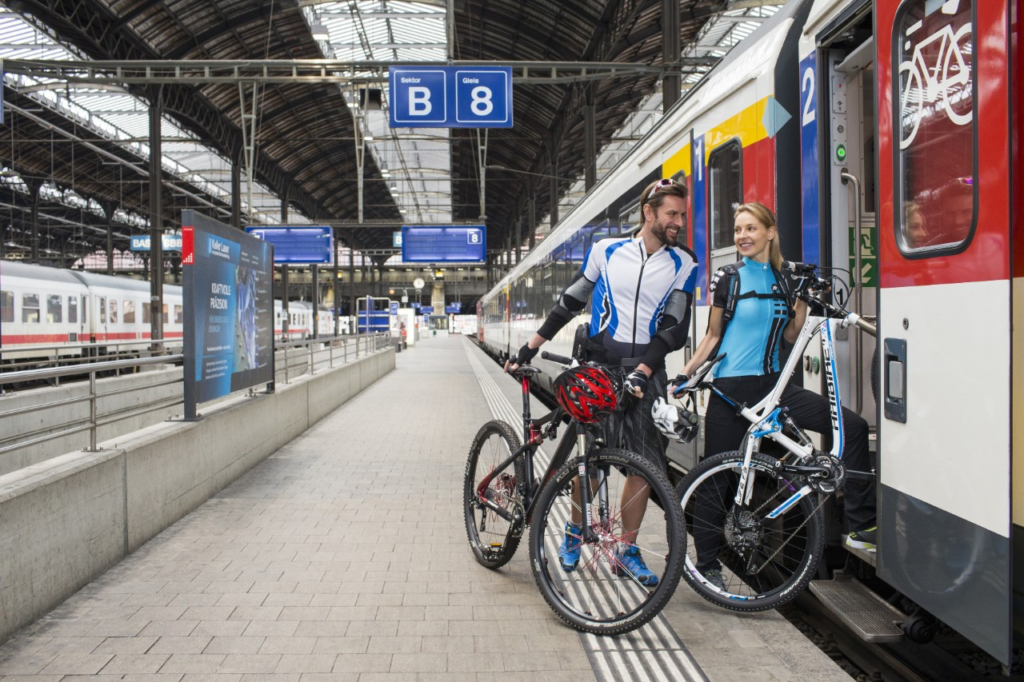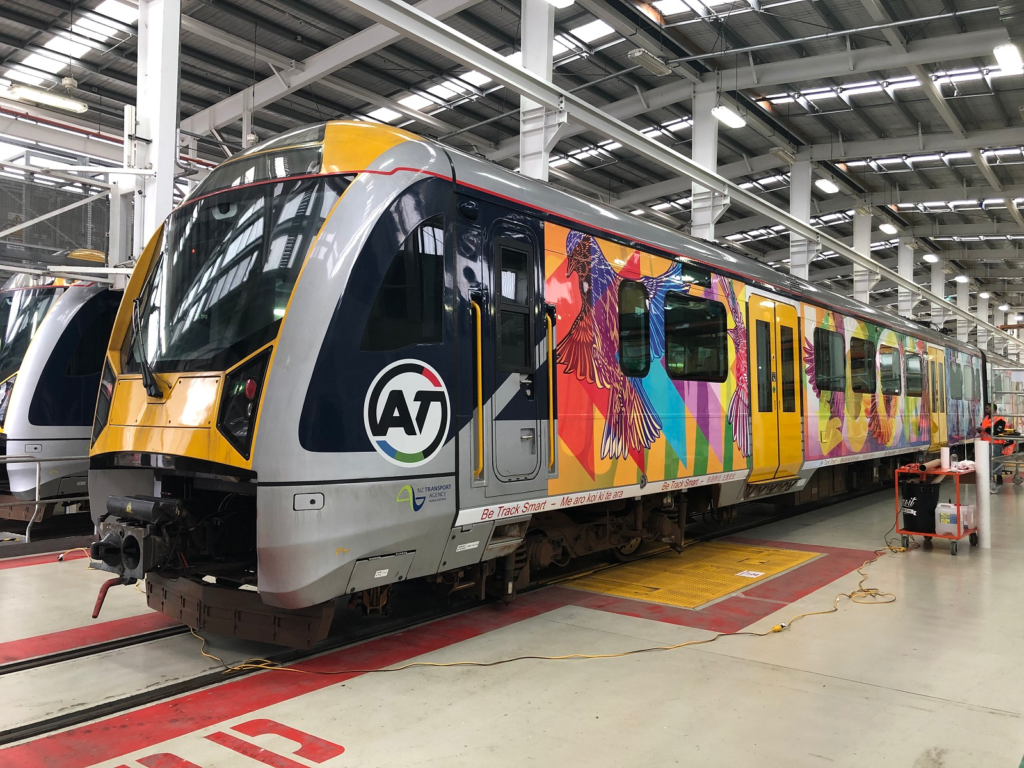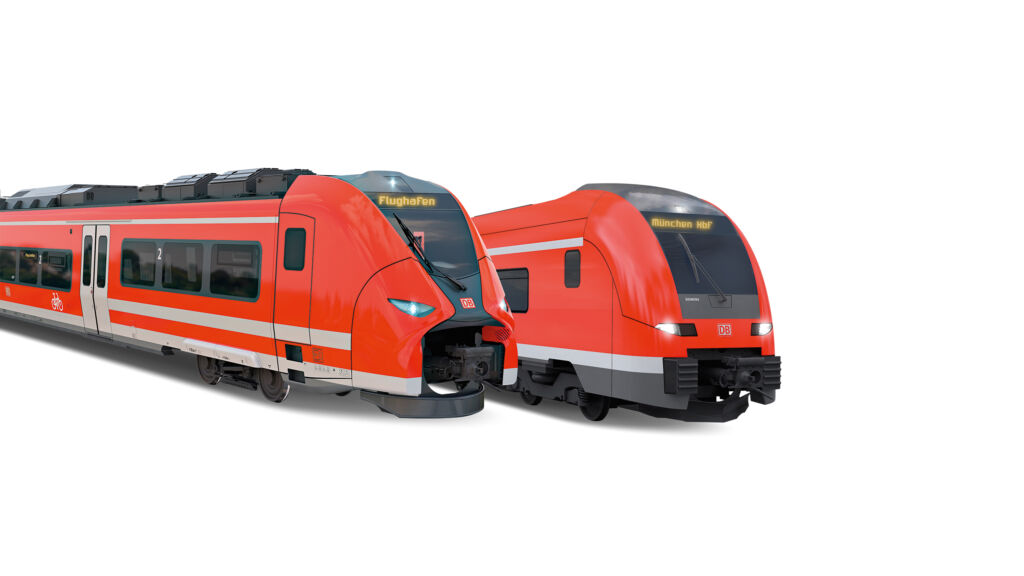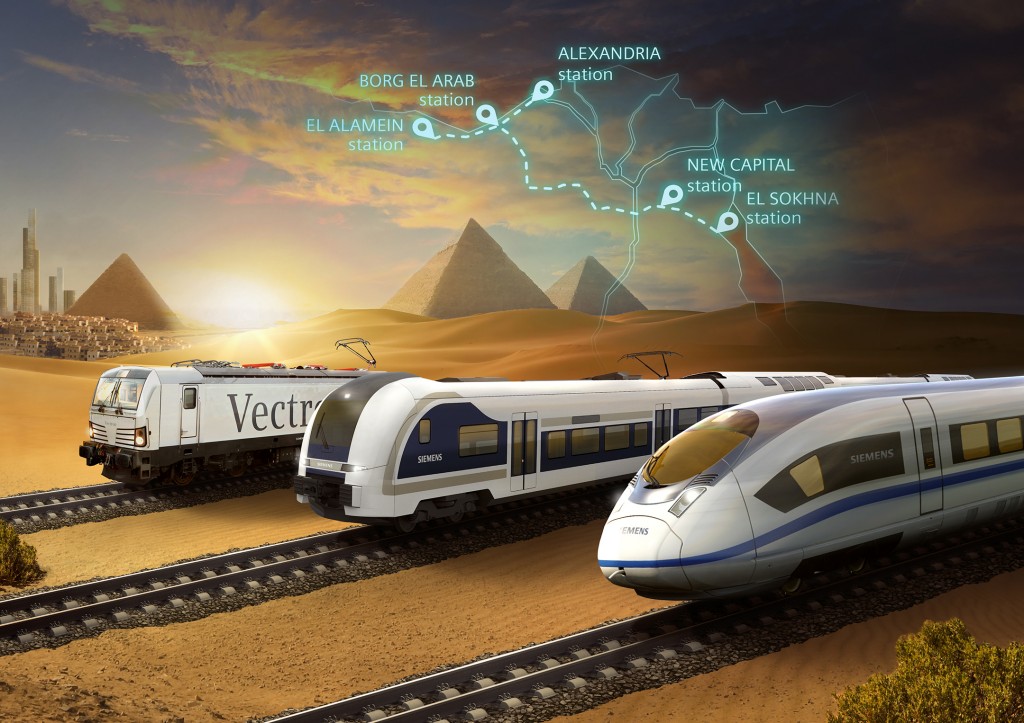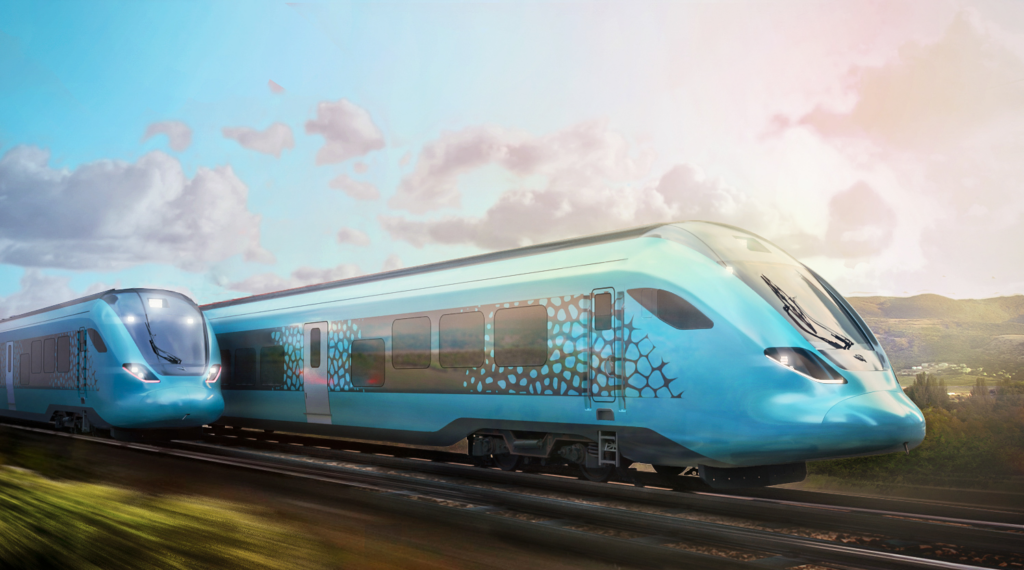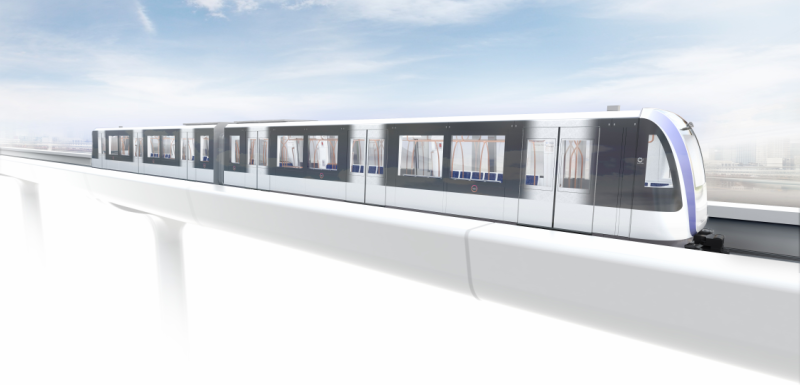Stadler Wins Tender to Deliver 59 Trains to Spanish State-Owned Rail Operator RENFE
The Spanish state-owned rail operator RENFE has awarded Stadler a contract to deliver 59 commuter trains, which also includes the spare parts and maintenance for 15 years. This award is one of the batches in…

